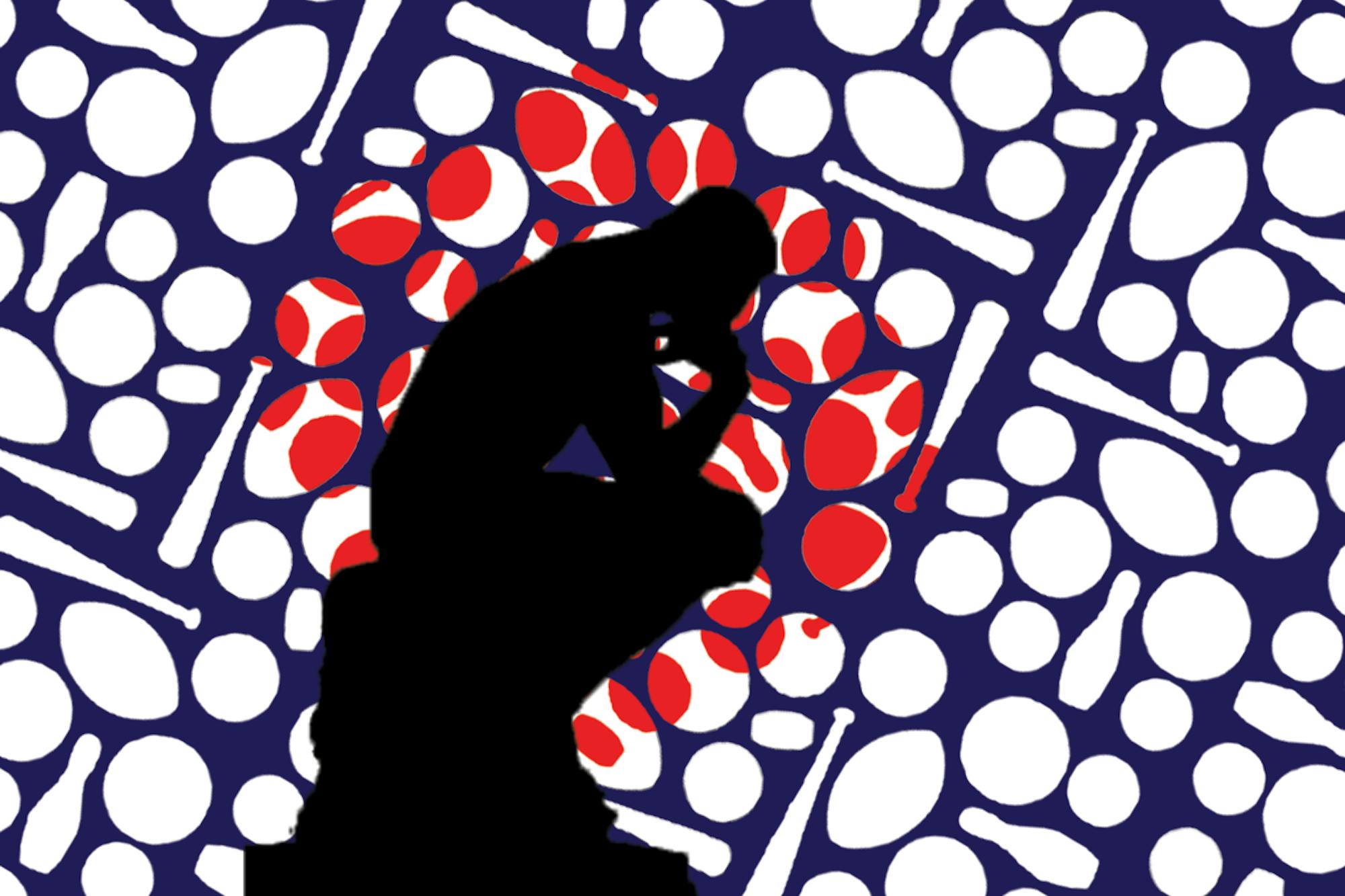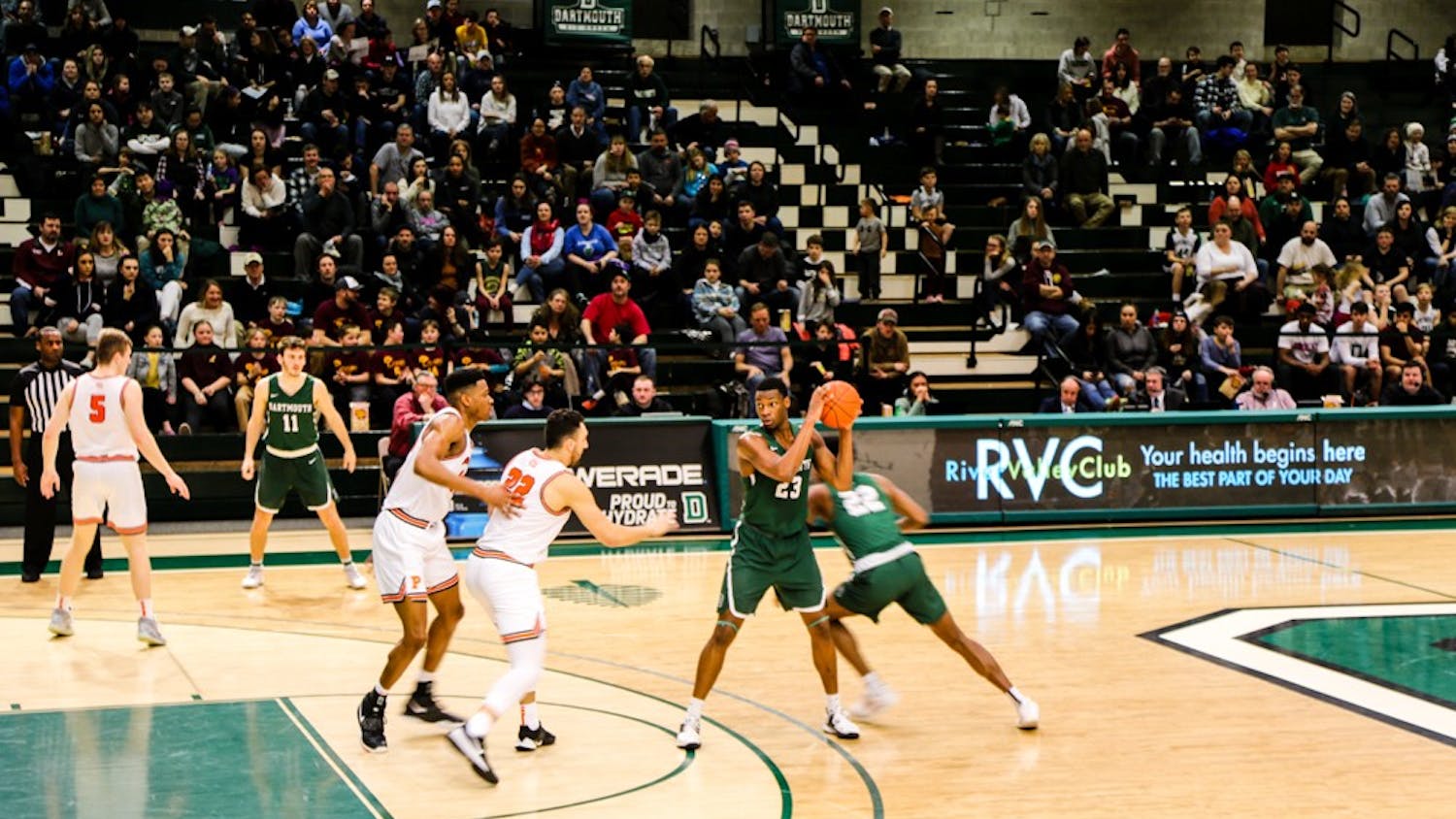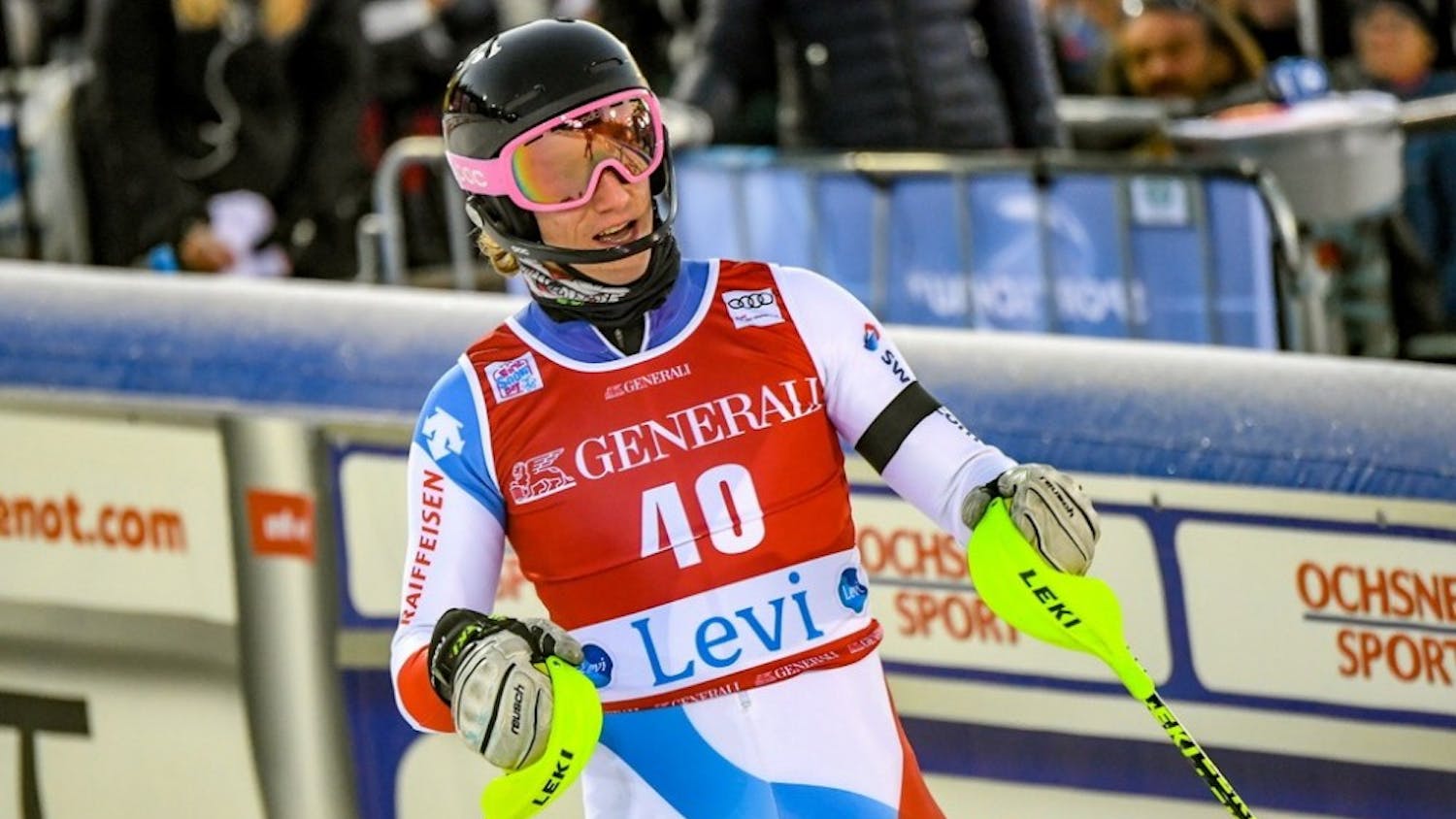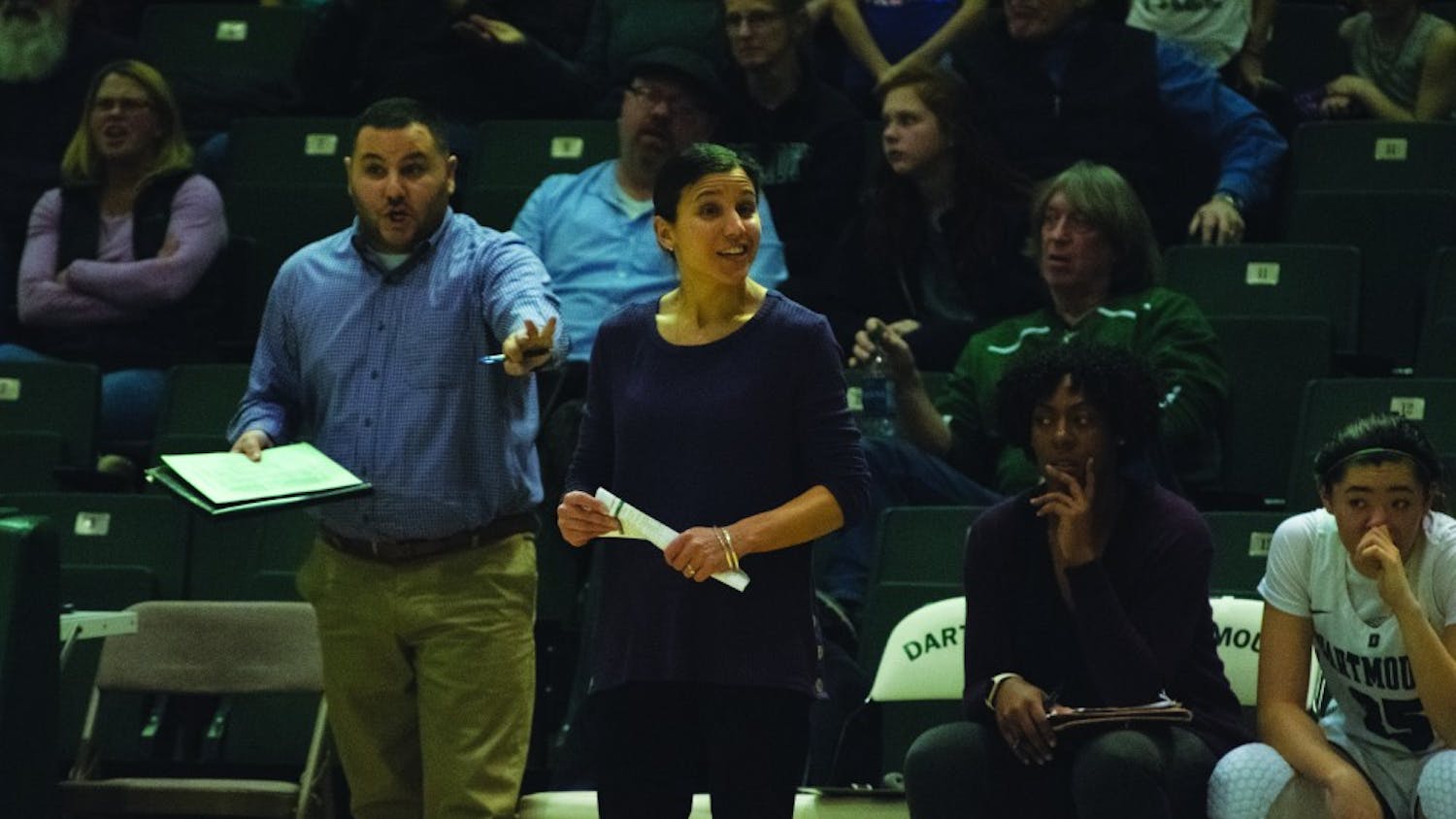Because my father went to the University of Illinois, I grew up, and remain to this day, a fan of Illinois Fighting Illini football.
That has been both a blessing and a curse.
It’s a curse because, well, Illini football has not been very good in recent years. The team has not had a regular season winning record since 2007, when it was subsequently crushed in the Rose Bowl by Pete Carroll’s USC Trojans. The Illini’s only bowl wins since then have come following 6-6 seasons — and frankly, it’s hard to get all that excited about the Texas Bowl and the Kraft Fight Hunger Bowl.
That said, being an Illini fan has its perks. For example, when the team does win, it’s much more exciting. I felt the same way when the Rams were in St. Louis. It’s why Patriots fans have always perplexed me. One would think that winning season after winning season would get a little boring after a while.
To that point, I think there’s a great value to being loyal to a losing football team. Not only do you savor the victories more, but it also teaches you discipline. Sports is about loyalty, and there’s no stronger test of loyalty than sticking with a team through thick and thin.
Things have been looking slightly better in recent years since the Illini brought on head coach Lovie Smith, who has been a popular figure in the state of Illinois since he led Da Bears to Da Super Bowl in 2006. This past season, with his job on the line, Lovie led the Illini to a big upset win over Wisconsin and a major come-from-behind win at Michigan State to clinch bowl eligibility.
Unfortunately, I have a suspicion that the prospects for there being any kind of college football season this year (or any fall sports, for that matter) are pretty dim. I would be the first person to root for the Illini and the Big Green this fall, but there are more important factors at stake.
To begin with, college sports are going to be a lot more difficult to resume than the pros. As opposed to the NCAA, professional sports leagues can make special arrangements and improvise, such as the NHL’s plan to suspend the remainder of the regular season and have a 24-team playoff for the Stanley Cup. Pro athletes, unlike college athletes, do not have to worry about things like taking classes or living on a campus with thousands of other students. Not to mention that pro athletes are paid, and professional sports teams have the financial stability of their organizations at stake.
None of this is to say that college sports will not return at some point, but this fall seems like too big of a stretch.
Consider the fact that it is highly unlikely that college campuses will be at full capacity, if they hold in-person classes at all, this coming fall. Dartmouth has said that campus will likely operate in a mixed capacity between online and in-person classes, but the College has yet to give much detail in terms of how that would play out.
Unless circumstances dramatically improve over the next few months — which is anyone’s guess, but far from certain — I have my doubts about whether such a proposal would work. As a graduating senior, I have no personal stake in the outcome, but I still think it’s an interesting situation to consider.
Let’s assume for a moment that Dartmouth will be at half capacity this fall. If that’s the case, what will that mean for fall sports?
It’s a pretty significant dilemma. As I wrote a few weeks ago, Dartmouth has a high proportion of athletes in the undergraduate student body, and a good number of those athletes — most notably the football team — play fall sports. So, if Ivy League sports were to resume, would that mean that all fall athletes would be guaranteed spots on campus?
That would likely prove problematic. Mainly, there’s the basic issue of fairness: Why should athletes be guaranteed spots on campus, especially when that would mean that a student’s chances of living on campus would decrease if he or she is not an athlete? If the College were to make that decision, it would implicitly give preferential treatment to athletes — and I’m pretty sure that’s not a message Dartmouth or any other Ivy League school would want to send.
Of course, this is all contingent on the fact that the Ivy League will choose to have a fall sports season at all. Remember that back in March, the Ivy League was the first NCAA conference to cancel its basketball tournaments, and its cancellation of spring sports preceded similar cancellations across the NCAA and professional sports landscape. My guess is that the conference will likely be among the last to resume any kind of sports schedule.
This is quite frustrating as a sports fan and undoubtedly upsetting to all the fall sports athletes anxious to play. But it’s just hard to imagine college sports on empty or half-empty campuses, and it’s even harder to imagine there being any full campuses (except maybe Liberty University) this fall.
I have no doubt that a fall without college football will be tough. But hey, as an Illinois fan, I suppose it will make the next win even sweeter.




